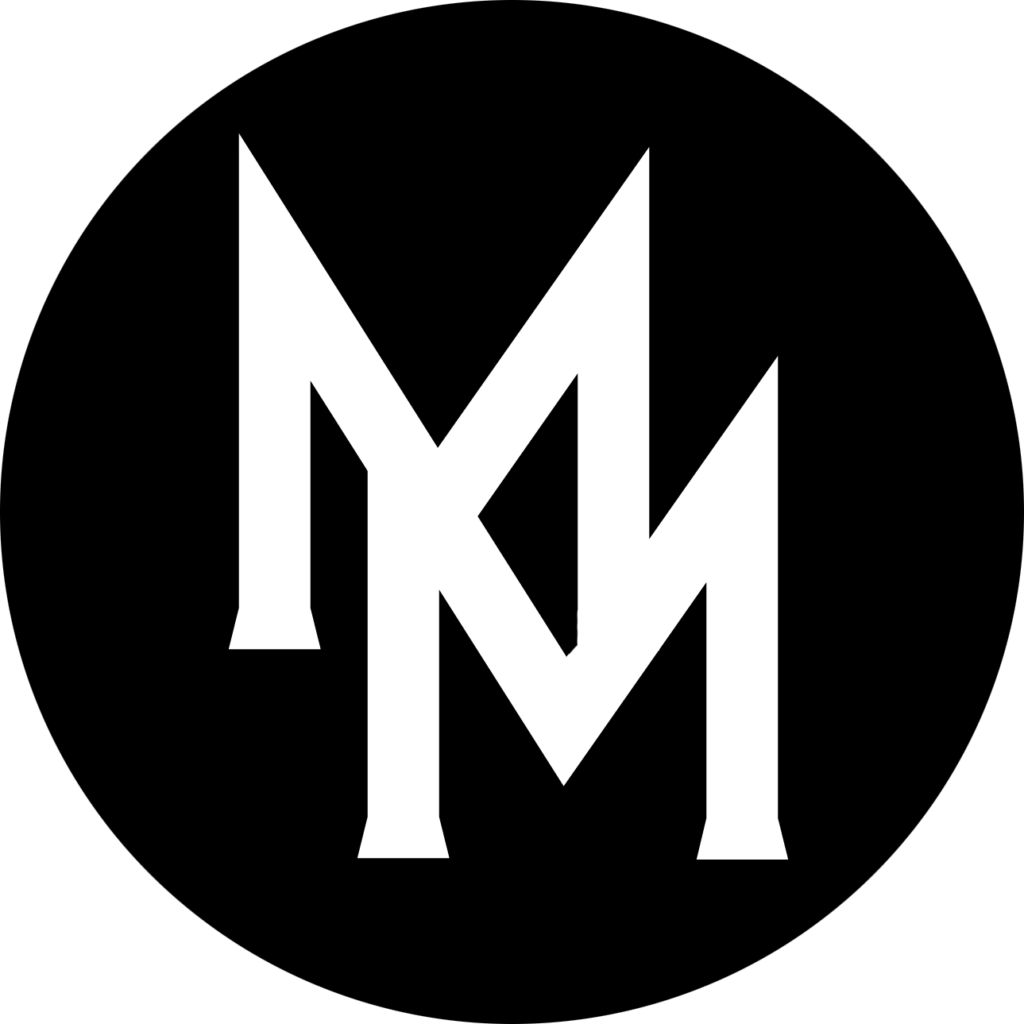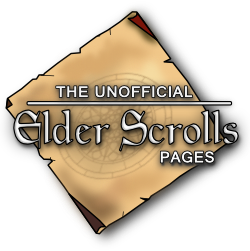Introduction
The character is Archmage Shalidor who was said to have stolen the secret of life from Akatosh himself.
In the Elder Scrolls V: Skyrim, the Player Character can decide to join the magical College of Winterhold and learn a series of fantastical spells and abilities from the faculty and endeavor on multiple quests and adventures that help unlock the magical mysteries of the world. One such quest is given by the Orismer Mage Urag gro-Shub, who is the librarian and caretaker of the Arcanaeum.
Urag gro-Shub tasks the Player to find the remnants of Archmage Shalidor’s writings from the First Era. The books and writings the Player retrieves from all across Skyrim include various images and runic writing that, for the most part, remain unintelligible, but several players have carefully examined these over the years and found secret messages hidden within.
The Secret Messages
The first paragraph of the first page is plainly written in a cursive English font. And, while difficult to make out, it is readable when one zooms in closely. The paragraph is actually directly taken from another lorebook called Varieties of Faith in the Empire, and is the passage dedicated to Alduin. It reads:
Alduin the World-Eater: Alduin is the Nordic variation of Akatosh, and only superficially resembles his counterpart in the Nine Divines. For example, Alduin's sobriquet, 'the world eater', comes from myths that depict him as the horrible, ravaging firestorm that destroyed the last world to begin this one..
The second paragraph, is written in what has been dubbed by fans and lore enthusiasts as ‘mage script’ and when directly translated becomes:
ALDUIN A
VARIA O
N RDICA DE
AKATOSH E
S SUPERFI
C I A L
M E N T E
PARECESE
COM O SEU
COLEGA NOS
Upon further study, the researchers realized that the language being used is Portuguese and based on logical inference to fill in the blanks, it translates to:
ALDUIN [é] A VARIA[ç][ã]O N[ó]RDICA DE AKATOSH E S(*) SUPERFICIALMENTE PARECE-SE COM O SEU COLEGA NOS
“Alduin is the Nordic variation of Akatosh, and only superficially resembles his counterpart-”
This is the same line from the first paragraph,from the passage of Alduin’s entry in Varieties of faith in the Empire. We can only assume that the developers simply translated the line in Mage Script for aesthetic visuals of the book, to give it a more arcane appeal. As to why they decided to use Portuguese, we are entirely unsure. Perhaps as some sort of inside joke, perhaps it was an arbitrary decision, or perhaps another reason we are wholly unaware of.
The third paragraph on this page is also written in cursive English, and becomes easily readable after further zooming in on the text. It is a direct passage taken from the Five Songs of King Wulfharth. It reads:
The third song of King Wulfharth tells of his death. Orkey, the enemy god, had always tried to ruin the Nords, even in Atmora where he stole their years away. Seeing the strength of King Wulfharth, Orkey summoned the ghost of Alduin Time-Eater again. Nearly every Nord was eaten down to six years old. King Wulfharth pleaded to Shor, the dead Chieftain of the Gods, to help his…
The second page of Shalidor’s Insight’s contain three paragraphs. However, of the three, only the first one is intelligible and the other two have yet to be deciphered. Indeed, we do not even know if there is something to be deciphered, they may just be scribbles to use as filler for the image, for all we know.
The first paragraph is entirely original lore and is not linked to any other lore book that has ever been published by Bethesda before. It reads:
"Dragons have existed since the beginning of Time, as some kind of kindred spirits to (crossed out text) -- either a lesser relation to him or his children or part of him that split off when Time began or whatever. In the beginning, dragons were wild and uncivilized, like everything else. Alduin was the creator of dragon civilization - the Firstborn and the"
The crossed out words as to who the Dragons are related to is unknown, but the Time Dragon is often referred to as “Bormahu” by the dragons, which translates to ‘Our Father’. Thus, most lore enthusiasts have logically concluded that the crossed out words refer to Akatosh or his numerous cultural interpretations.
Alduin’s role as the firstborn dragon is reiterated, but his role in shaping the society of primordial dragons is very interestings. The implications being that language, law and society of the Dragons may have stemmed from Alduin himself. Giving the World-Eater a depth of character and possible benevolence that was wholly unseen in the story of the game itself. Indeed, when resurrecting dragons in Skyrim, Alduin can sometimes be heard shouting, “My children will rise.”
Indeed, the Eldest sibling taking on a parental role is very common in various cultures and societies.
According to Paarthurnax: "Dov wahlaan fah rel. We were made to dominate. The will to power is in our blood.”
And according Nahfahlaar: "Fenjuntiid. The will of my father, the Dragon King of Time. All dov seek dominion, and so it is a king's command that is our bane.”
According to both dragons, the Dov were created to dominate by design of their father. But it was Alduin who raised them from wild things into beings capable of complex civilization and social structure. It creates an incredibly interesting dichotomy where the roles of Alduin and Akatosh are flipped, painting the World-Eater in a positive light and the Dragon King of Time in a negative one.
Shalidor's Insights
Surprisingly, lore enthusiasts found that the game files in TESV: Skyrim contained additional images for Shalidor’s Insights that were not used in the gameplay, but whose data remained within every game. Here is one such page.
The first paragraph reads:
“Finally, one dragon (that we know of) decided to join the human side—this was Paarthurnax. He’s the Prometheus to the proto-Nords—he taught them to use the Voice. This turned the tide, and the proto-Nords continually defeated Alduin and the dragons and everything else.”
Given the use of Prometheus, a decidedly Ancient Greek myth, this portion reads more as an internal development document/notes. More likely than not, this portion was cut out from the game simply because of how un-lore friendly it would be to use myths from our world, which have no direct bearing in Tamriel and the Elder Scrolls settings. Also, we know that Paarthurnax was not the only dragon to turn against Alduin, as he himself states that there were a few like-minded dragons who rebelled against Alduin’s tyranny. In all likelihood, this an early design document, possibly even conceptual.
The second paragraph is written in Mage Script again, but can be directly translated into English and it reads:
“Alduin's civilization was the dragon cult or Atmora. He's basically the Dragon God on Earth. The Dragon High Priests are his acolytes and everything is ordered.”
Again, this reads less like a lore entry and more like a design document. The choice of diction and phrasing has little bearing on what an Archmage of Shalidor’s stature would sound like.
The third paragraph is not fully legible, and only parts of it have been translated in full. Nevertheless, it reads:
“Alduin was the creator of dragon civilization—the firstborn and the smartest. Dragons were attributed to Human —(?). —eanse(?) they shared the Human[s] of the world as a gift a god's linen(?) Alduin knows Akatosh created Mundus. So humans learned their…”
Again, we see the fact that Alduin was the creator of dragon civilization reiterated. Also, the paragraph implies that dragons share with the Tamrielic humans the belief that the mortal world and its creation is a gift, rather than the Aldmeri and Yokudan interpretation that it is a curse, mistake or cruel trick.
This heavily implies that it was Alduin himself who taught this belief to the dragons and they in turn taught it to humans. This pro-Mundus belief that shapes humans is often seen as one of the key theological differences with the elves, and many assume that it stems from the human reverence of Lorkhan/Shor, the missing spirit of creation. But here, the belief actually stems from dragons and Alduin, the children of the Time Dragon.
It is an incredibly interesting take to consider just how deep the influence of Alduin and his dragon cult have shaped human society even thousands of years after his banishment at the end of the Dragon War. Even more so when one takes into consideration that Akatosh’s covenant with Alessia and the divine right of rule given to the Dragonborn Emperors is essentially a continuation of Alduin’s Dragon Cult. As the Dragonborn Emperor’s were essentially Dragon Priests, ruling the populace in the name of their draconic god and ensuring that the people obey, worship and offer tributes to temples. In return, the dragon (in this case, Akatosh)provides protection, guidance and blessings.
These lore snippets provide an incredible insight to Alduin and ancient people of Atmora. Most lore beards wish these things would have been included in the game in some sort of narrative capacity. As it is, what we know about Alduin is relegated to us by other people, as he himself never truly expresses his goals. When we look at Alduin as a villain, aside from destroying Helgen and resurrecting the Dov from their burial mounds, he does very little and the consequences of his return are not immediately felt. And because of this, and how little we know of his motivations, Alduin comes off as a very superficial villain. Everyone assumes he will eat the world, but he himself never says so.
However, an Alduin that truly is the wellspring of the Nordic pantheon, who shaped a civilization that is quite literally older than the world, who taught humans to be grateful for the creation of Mundus and not spurn it; that an Alduin with a far for developed character and makes for a more immersive villain when paired with his role as the World-Eater. The teacher, the guide, the almost father-like figure, who is fated to destroy the very people he gave guidance to because that is his pre-ordained role. Such an Alduin would have proved a far more interesting foil to the Last Dragonborn.








